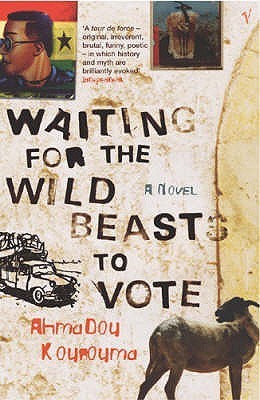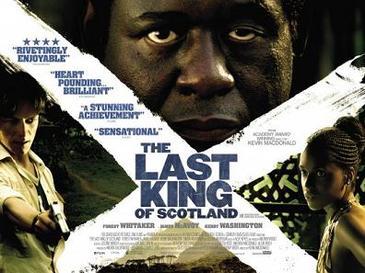What do you think?
Rate this book


445 pages, Paperback
First published August 26, 1998






’I have come to your gates with all of my people. <...> We are a peaceful people who despise war. Let us cross the threshold into your deserts, let us occupy your lands. Join with us. Agree to be our subjects. We will treat you as Muslims, as the faithful, as we would our own children.’
The people of the Sahara, despite such entreaties, refused to open their borders, refused to become one with His Majesty’s subjects. Disappointed, the King began to curse them:
‘People of the Sahara, you have rejected our prayers, our fraternity, our peaceful approach, although you are our compatriots, our fellow believers. We will wring from you your repentance, your contrition, your remorse by force of arms, by war. We will slaughter you as we slaughter the infidel.’
Not content simply to kill those who conspired against him, the Man in White would sleep with the widows of the condemned men on the very night their husbands were to be executed or hanged. <...> This sacred ritual (to be in bed with a woman at the moment when her husband was shot) allowed the Man in White, his totem the hare, to appropriate the vital energy of his victims completely. Consequently it is untrue that he dreamed up conspiracies in order to murder the husbands of women with whom he wished to sleep. No! The truth is that, for magical reasons, he craved these women on the night their scheming husbands were executed so that he might profit fully from their deaths. So explains Tiécoura.